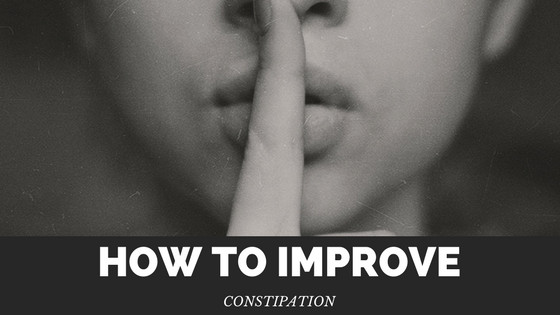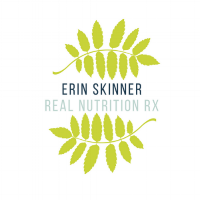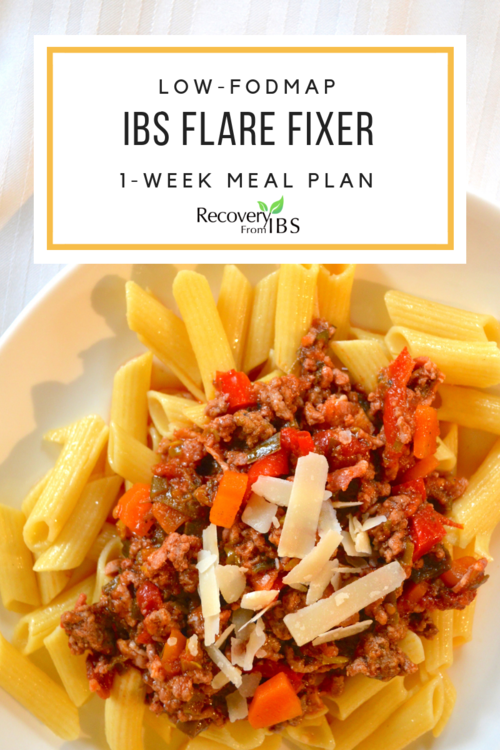
Wanna know a little secret?
Tons of people are constipated. They just don’t talk about it.
So, if that’s you, you’re not alone. I see it all. the. time.
So, how to improve constipation?
Constipation can obviously have a variety of causes, but there are a few things you can do to start getting some relief pretty quickly.
Here’s my top 3 ways to improve constipation:
1. Increase Soluble Fiber (but not too much!)
Soluble fiber combines with water in your GI tract to basically make a gelatinous texture. This makes the stool softer and makes it move through more quickly. However, too much soluble fiber can exacerbate digestive problems, so find the sweet spot. Here’s my time-tested protocol:
- Each morning, mix 1 Tbsp (15ml) of chia seeds with a cup of water and drink it. If you don’t tolerate this, try 1 Tbsp of psyllium husk instead.
- If this doesn’t fix the problem within 3 days, try adding 1-2 servings per day of gluten-free whole grains such as brown rice or quinoa.
- Still no joy? Add to your breakfast: ¼ cup gluten-free oats cooked in water. Sweeten with a little maple syrup. If you don’t tolerate oats, try prunes (yes, I went there!)
- Note: curious why I’m recommending grains like oats and rice? I do believe that a grain-free, ancestral diet is ideal when possible. However, it can often take some work to get there. If you have digestive problems, it’s important to address that first. Once you’re feeling better, you can worry about working even closer to an ‘ideal’ diet. For now, this protocol is what helps to get some quick improvement. More ‘ancestral’ fiber sources like fruits and vegetables tend to have more insoluble fiber, which can complicate the matter.
Want to know about fiber?
Check out my full post on the topic HERE.
2. Drink Enough Liquid
Remember that soluble fiber has to combine with water to create its magic. So, make sure to include a glass of non-caffeinated, non-carbonated, non-alcoholic liquid with each meal and snack (i.e. 5+ glasses per day). Examples include: water, coconut water, herbal tea, or a well-tolerated milk (or milk substitute)
3. Exercise
Motion is the potion! Walking, jogging, stair stepping, ball sports, swimming….do what works for you. Strength training is great for other reasons, but it’s not the best for improving constipation. Just a daily walk of around 30 minutes is great!
Hopefully, this will get you some major improvement. If not, consider a few possible underlying causes that may need to be addressed:
- Small-intestinal bacterial overgrowth (SIBO) – the type that produces methane slows motility. If you suspect this is an issue, work with a professional to get tested and treated. You can get more information from my post about SIBO HERE.
- Gut dysbiosis – imbalances of gut bacteria can reduce the production of neurotransmitters such as serotonin in the gut, and this can slow motility. Get more information about my post about dysbiosis HERE.
- Some medications can also promote constipation – look into the side effects of your medicines and discuss with your doctor if there may be a substitute
- Hypothyroidism – if you have other signs of low thyroid function, this could be your underlying cause. Some of these include fatigue, weight gain, low body temperature, eyebrow thinning, hair loss, and dry skin. Talk to a healthcare professional if you suspect that you are hypothyroid.
Supplements: A few types of dietary supplements can help.
These include:
- Probiotics – some strains that have specifically been shown in studies to improve constipation are:
- Bifidobacterium lactis
- Bifidobacterium animalis
- Lactobacillus casei
- Lactobacillus rhamnosus
- Lactobacillus acidophilus
- Lactobacillus reuteri
- Pro-motility compounds (a natural example is ginger), or consider a supplement such as Iberogast or MotilPro.
- Magnesium citrate – this form of magnesium is poorly absorbed, which gets the bowels moving. Start with 100mg in the evening and work up gradually to 400mg, stopping at the dose that works best for you.
Still no luck?
The most common cause of refractory constipation that I see is methane-producing small-intestinal bacterial overgrowth (SIBO). You can learn more about SIBO from my 3-part series HERE. Please contact me if you’d like to set up a free call to discuss SIBO or constipation in general and whether I could help you improve it.
There you go!
This should be enough to get things moving in short order. If not, seek out some help to investigate possible underlying causes. I’d love to hear your thoughts in the comments.
Bonus!
If you have IBS or digestive woes, don’t miss my FREE flare fixer meal plan.
It’s your ticket to try Low-FODMAP (done right) without having to figure it all out first.
It’ll have you feeling better inside of a week!
Warm regards,

Erin Skinner, MS, RD, IFNCP, CPT
Integrative and Functional Registered Dietitian Nutritionist

